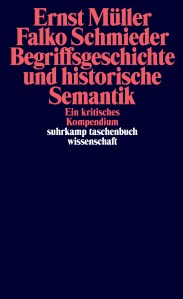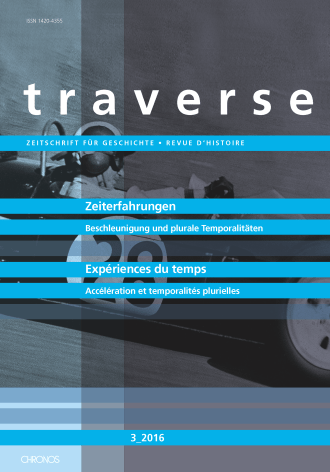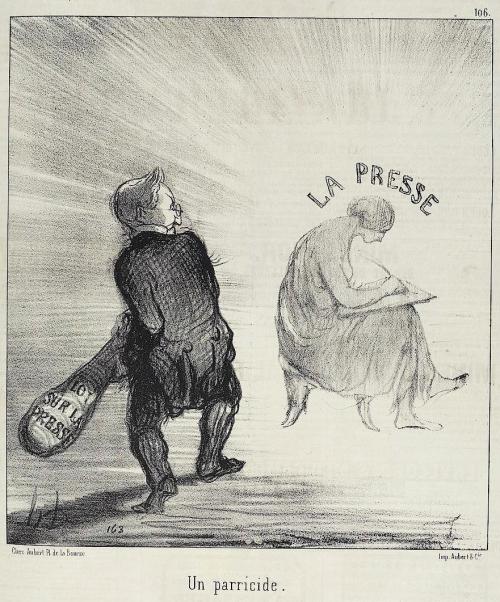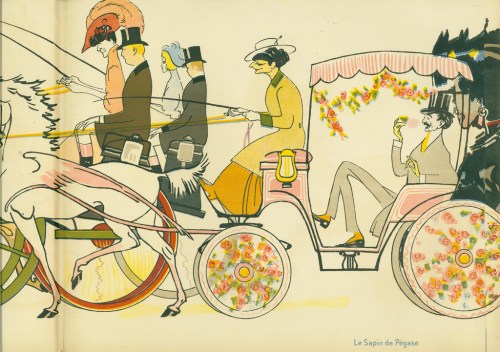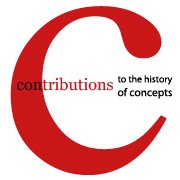After an extended editing process, the proceedings of a workshop held Marburg in 2015 under the title Aristocratism. Historical and Literary Semantics of ‘Aristocracy’ between Cultural Criticism of the Turn of the Century and National Socialism (1890-1945) have now been published by Waxmann Verlag.
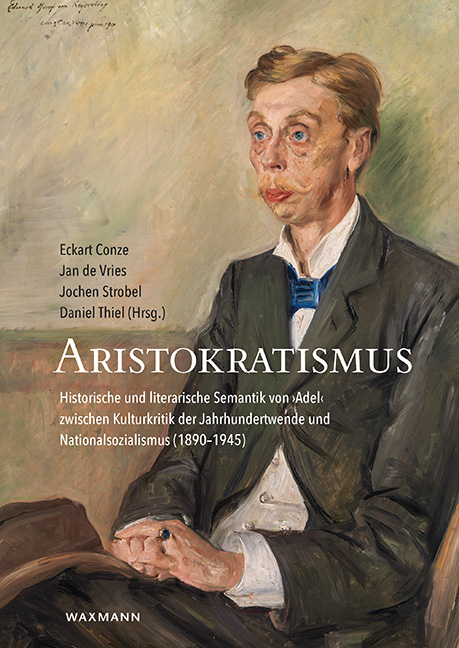
Its table of contents can be found here.
My contribution, titled
Adel und Epoche. Kulturkritik und Aristokratismus im deutschen Raum um 1800 und um 1900 im Vergleich
[Aristocracy and Epoch: Cultural Critique and Aristocratism in the German Lands around 1800 and around 1900 in Comparison]
discusses the role of the semantics of aristocracy in discourses of cultural critique. In a diachronic comparison, I show how the position of the concept of aristocracy fundamentally changed position, from a designation of one of the central problems of current culture around 1800 to one of their solution around 1900. This semantic shift is explained against the background of the social transformations of the nineteenth century. The changing composition of elites and the concurrent ‘desubstantialization’ of the concept of aristocracy fundamentally changed the way in which diagnoses about the purported decadence of current times referred to social groups.
The workshop and volume were organized by a DFG funded research group with the same title as the resulting volume.
